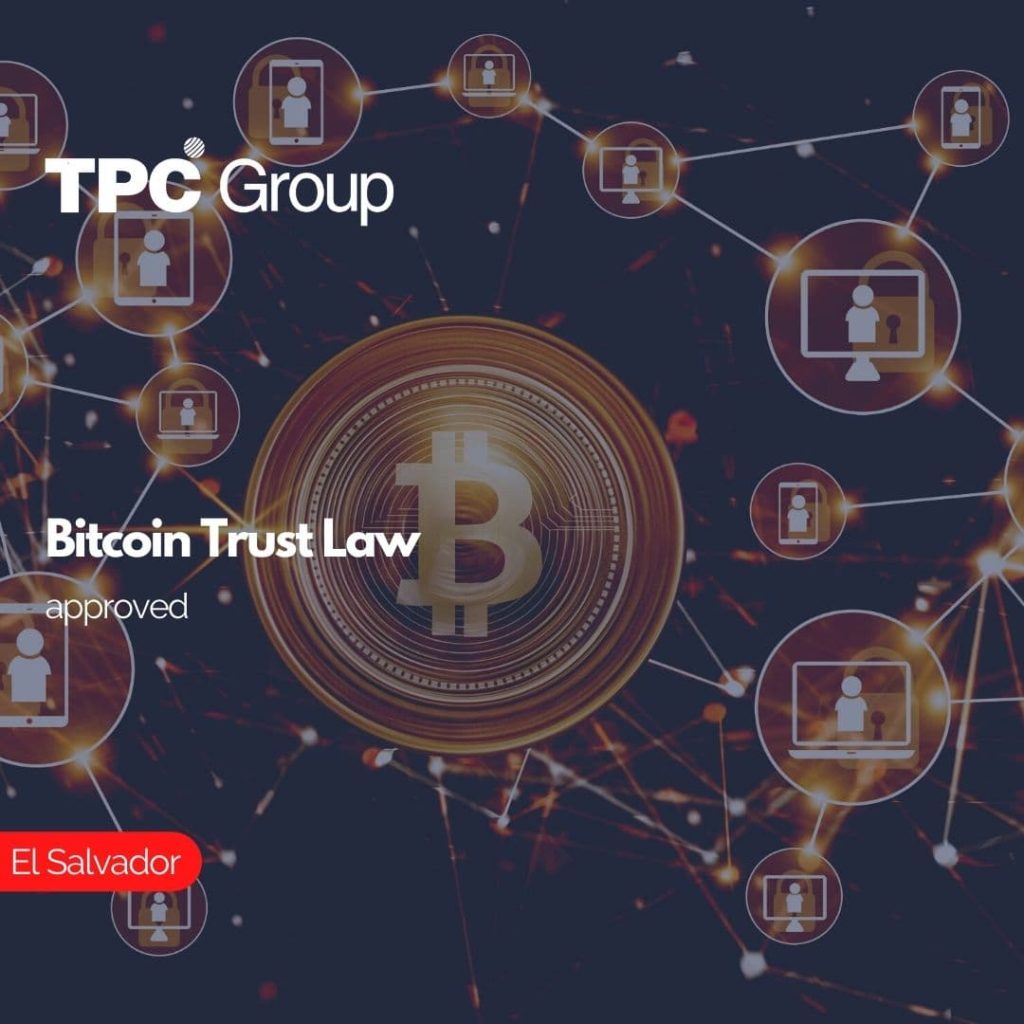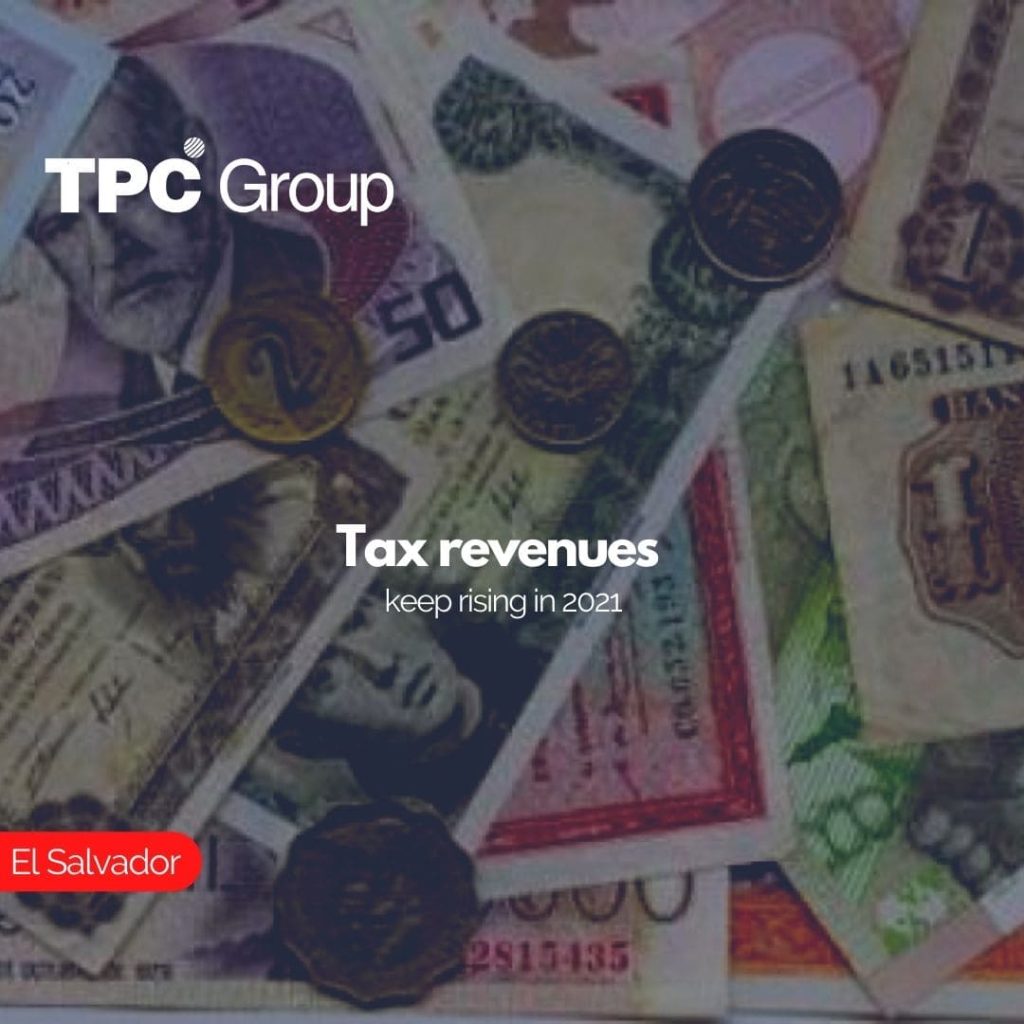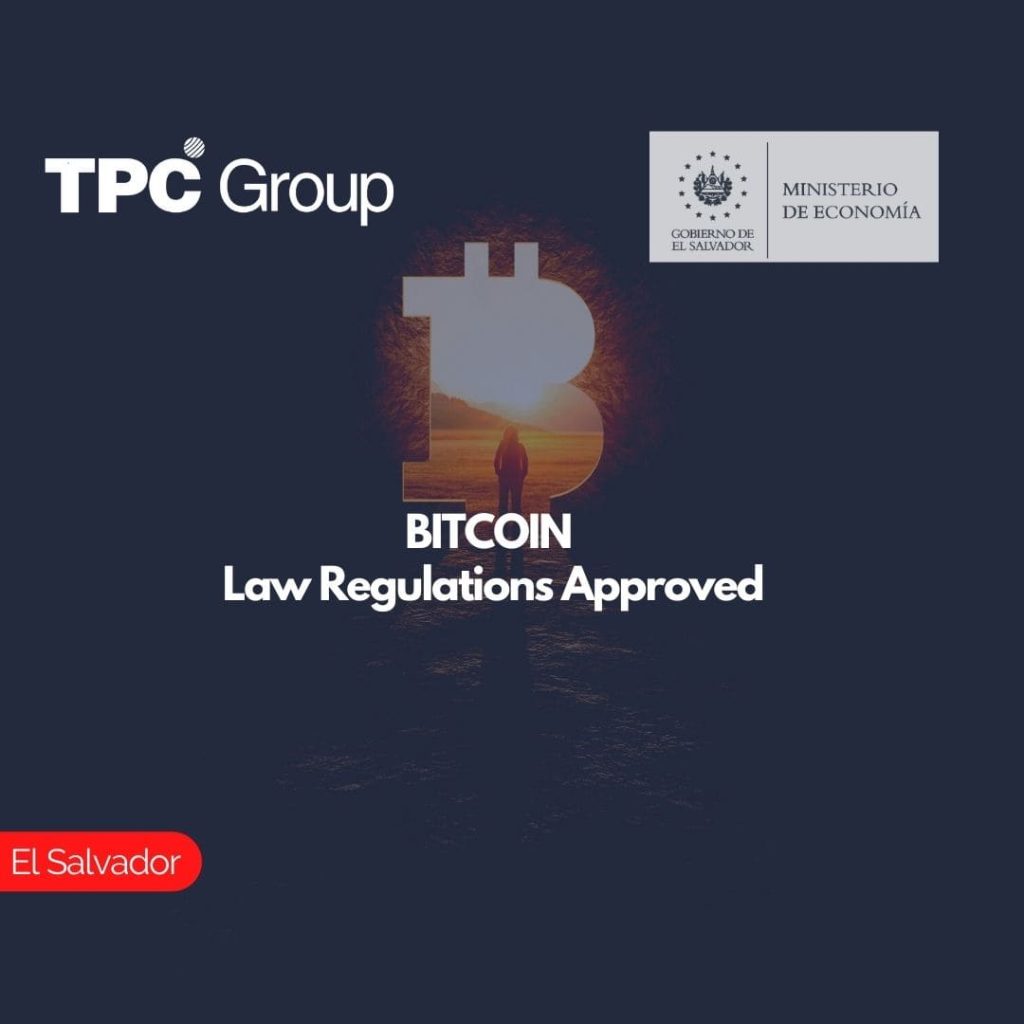Concept and Regulation in El Salvador
Transfer Pricing Regulations in El Salvador were included in 2009 through the enactment of Legislative Decree No. 233, which amends and adds Articles 62-A, 124-A, 199-B, 199-C, and 199-D of the Tax Code, which frame this regime.
Subsequently, in 2014, Article 62-A of the Tax Code of El Salvador was amended, incorporating for the first time the guidelines given by the Organization for Economic Cooperation and Development (OECD).
Arm’s Length Principle
The Arm’s Length Principle states that prices or considerations agreed upon among related parties are at market value.
The Transfer Pricing legislation in El Salvador is quoted in Article 62-A of the Tax Code, which states that taxpayers performing related party transactions must determine the prices based on market prices, i.e., prices agreed upon by independent parties.
Application Scope of Transfer Pricing in El Salvador
According to Article 62- A of the Tax Code, taxpayers shall be within the scope of the Transfer Pricing rules in El Salvador if they are in any of the following situations:
- To perform related party transactions.
- To perform transactions with subjects domiciled, incorporated, or located in tax havens or preferential tax regimes.
Definition of Related Parties in El Salvador
Article 199-C of the Tax Code of El Salvador stipulates who is a related party. Said norm indicates the following:
- One of them directly or indirectly manages, controls, or owns 25% or more of the capital stock or their voting rights.
- Both parties have five or fewer related persons who directly or indirectly manage, control, or jointly own the aforementioned percentage.
- Corporate members of the same Business Group.
- Regarding the first two relation cases above, an individual will also be considered to own the indicated percentage of capital when the ownership of the shareholding, either directly or indirectly, corresponds to the spouse or person related by blood up to the fourth degree and by affinity up to the second degree.
- A contracting party(ies) or associate(s) in a joint venture, partnership, business collaboration, or joint venture contract directly or indirectly participates in over 25% of the result or profit of the contract.
- The person domiciled in El Salvador regarding the exclusive agent or distributor residing abroad.
- An exclusive agent or distributor domiciled in the country regarding an entity abroad.
- A person domiciled in the country with the supplier residing abroad when the former purchases more than 50% of its volume.
- A person residing in El Salvador regarding the permanent establishments abroad.
- A permanent establishment in the country regarding the parent company abroad.
Definition of Tax Havens or Preferential Regimes in El Salvador
According to the last paragraph of Article 62-A of the Tax Code, countries or territories are considered low or no taxation or preferential tax regimes when:
- They are not taxed abroad or have a calculated income tax of 80% less than that paid in El Salvador.
- They are classified as such by the OECD and the Financial Action Task Force (FATF).
Additionally, the General Directorate of Internal Taxes (GDII) will publish a list indicating the countries that qualify as such in DG 01/2019.
Transfer Pricing Methods in El Salvador
Article 199-B of the Tax Code indicates what should be considered as market price, indicating rules for local and international transactions.
Thus, in the case of local transactions, the market price will be determined according to the price agreed upon by unrelated local businesses for the same goods or services.
In case of transfer of goods or services to foreign parties, the market price shall be determined by the price at which other unrelated parties have agreed upon for goods or services of the same kind from El Salvador to the same place of destination.
The market price of imports shall be the price for such transactions in the country where it was acquired or loaned, adding the corresponding costs or expenses.
Likewise, Article 62-A, after the amendment of 2014, states that the methods contained in the Transfer Pricing guidelines established by the OECD may also be employed to determine the market price. Therefore, the following methods would also be applicable:
- Comparable Uncontrolled Price Method
- Resale Price Method
- Cost Plus Method
- Profit Split Method
- Transactional Net Margin Method
Comparability Analysis in El Salvador
In order to be able to analyze whether two or more transactions are comparable, Article 99-D of the Tax Code has established the following comparability criteria to be taken into consideration:
- Transaction characteristics.
- Analysis of functions, assets and risks in the transactions by each of the parties.
- Contractual terms.
- Economic circumstances.
- Business Strategies.
Transfer Pricing Affidavit in El Salvador
Article 124-A of the Tax Code establishes that those taxpayers who perform transactions under the scope of these regulations must file a report of such transactions or Technical Price Study to the Tax Administration.
In addition to performing these transactions with related parties or tax havens, the transactions indicated separately or jointly must be equal to or exceed five hundred seventy-one thousand four hundred twenty-nine dollars ($571,429.00) to be obligated to file such declaration.
This affidavit will be made through Form 982, with a filing deadline within the first three months of the fiscal year at the latest.
In order to file such a declaration, the GDII makes available the general orientation guide.
Transfer Pricing Documentation in El Salvador
Taxpayers must preserve the documentation related to transactions with related parties and/or tax havens, which may be required by the Tax Administration.
Transfer Pricing Non-Compliance Penalties in El Salvador
Failure to file the affidavit generates the infraction typified in Article 241, paragraph b) of the Tax Code for late reporting established by the Tax Administration.
It is fined equivalent to 0.5% of the net worth of the offender taxpayer.
Likewise, Article 62-A of the Tax Code requires that taxpayers entering into related party transactions determine the prices and amounts of the considerations, considering the market prices used in good transfers or the provision of similar services for these transactions. In case of failure to comply with this requirement, the Tax Administration will determine the value of such operations or transactions, establishing the price or amount of the consideration, considering for these operations the market prices used in transfers of goods or provision of services of the same kind, among independent parties.



